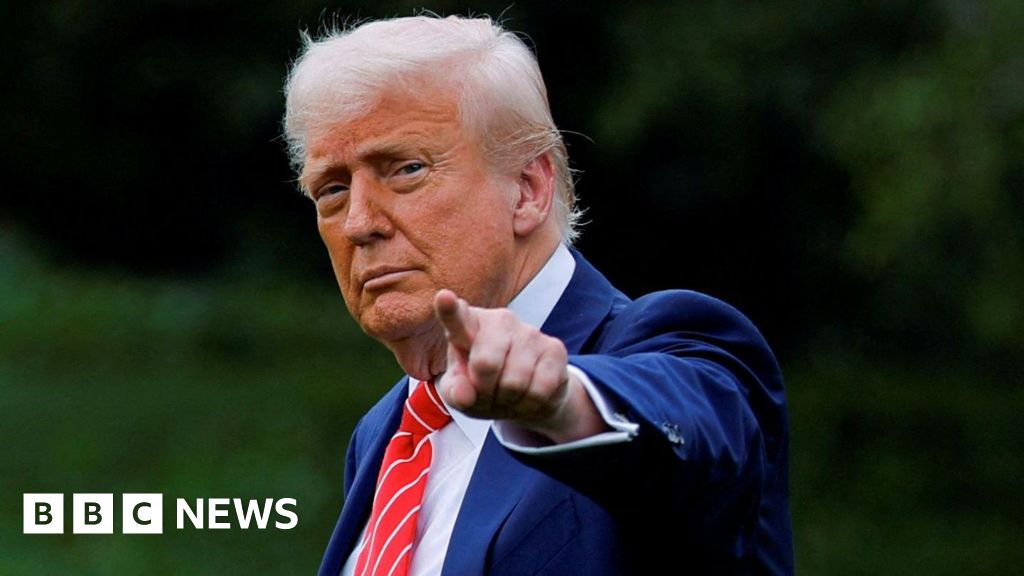How Trump's Tariffs are Affecting Global Economics
The Impact of Tariffs on Global Trade
Donald Trump's imposition of tariffs has rippled across the global economy, creating uncertainties that could slow down economic activities. The Organization for Economic Cooperation and Development (OECD) has issued warnings about these tariffs, lowering its forecast for global growth.
Significant Industries Hit by Tariffs
- Automobile and Manufacturing
- Steel and Aluminum Production
- Agriculture and Food Industry
These sectors are facing increased costs, which in turn affect consumer prices and purchasing power. A drop in global demand could lead to adverse economic effects, not just for the U.S., but worldwide.
"Trade barriers, such as tariffs, can cause significant disruptions in local and global supply chains." - Forbes
The OECD's stance underscores the importance of open markets and collaborations. Policies restricting trade have historically led to slow growth periods, making the current trend worrisome for stakeholders.

Current Global Market Trends
Despite these challenges, there are signs of resilience in several markets. For instance, the tech industry continues to innovate, offering advancements that could counterbalance some negative impacts. Reports from renowned platforms such as LinkedIn publications by World Economic Forum highlight emerging opportunities in digital industries.
Stay updated with the latest analyses from organizations like the OECD Economic Outlook as they provide insight into how these trade policies will evolve.
Explore deep-dives into economic strategies through seminars and webinars hosted by business schools globally, such as those by online webinars on YouTube.
The trajectory of global growth amidst tariffs is a vital dialogue topic, as business leaders, policymakers, and analysts continually assess strategies to mitigate these challenges.
